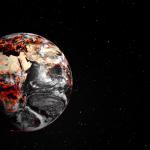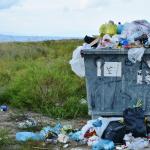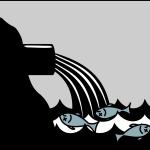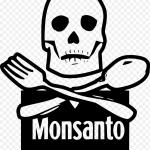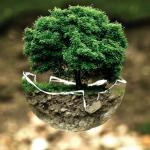“Rise in heart disease may be explained by extreme weather conditions,” ABC News reported last week.
EPA
As a new dad, there's no one I love more than my son. I want to protect him from danger, raise him with the right values, and, more basically, feed him safe, nutritious food.
Join ACSH directors of bio-sciences and chemistry Cameron English and Dr. Josh Bloom as they break down these stories on episode 15 of the Science Dispatch podcast:
Over the weekend, I took my family to the Monterey Bay Aquarium. My wife and I loved going as kids, and now that we have a young son, we were eager to watch him experience it for the first time.
I have to give credit where credit is due. The activists at EWG know how to write excellent headlines.
Like most people, I harbor a set of pretty standard concerns: paying bills, balancing work and family life, and protecting my son from crazy people who “identify” as
One of the best ways to sustain your bad ideas is to surround yourself with people who think just as you do. Like a cult member who only associates with other true believers, you're effectively cut off from outside scrutiny.
We frequently receive requests to comment on specific news stories. These are usually examples of journalists or pundits commenting on subjects they know nothing about and badly misleading their audiences as a result.
“This Roundup ingredient might cause cancer—but the EPA won’t ban it,” Popular Science told its readers in a terribly misleading January 13 story about the weedkiller glyphos


